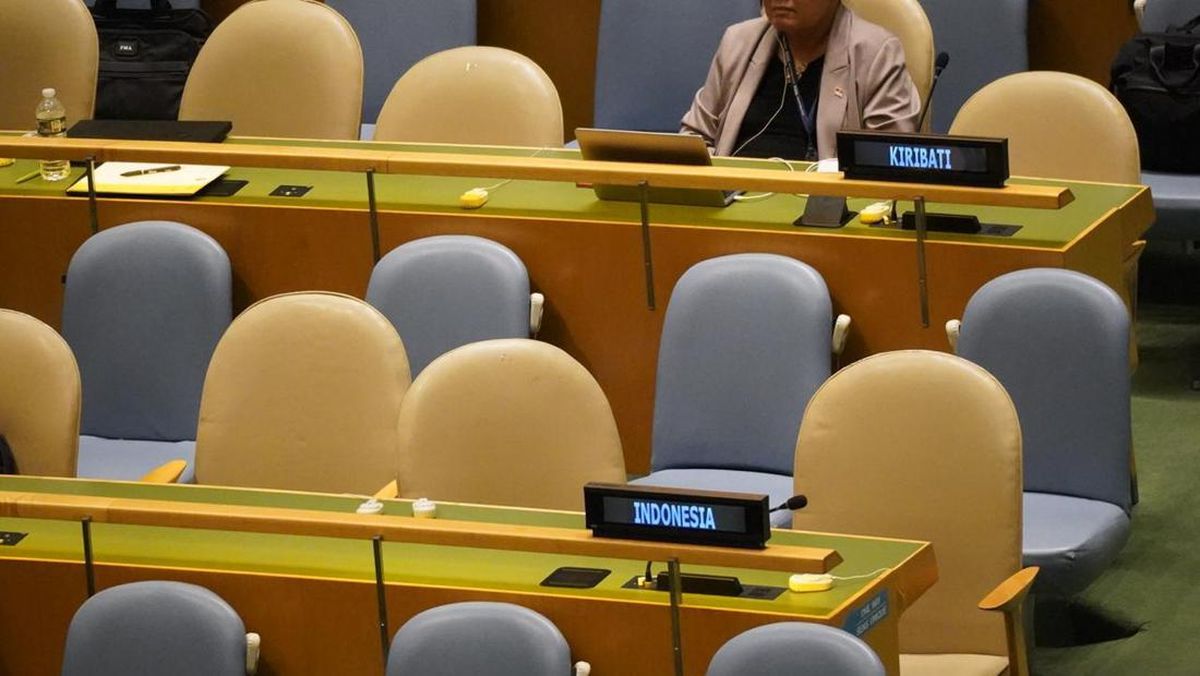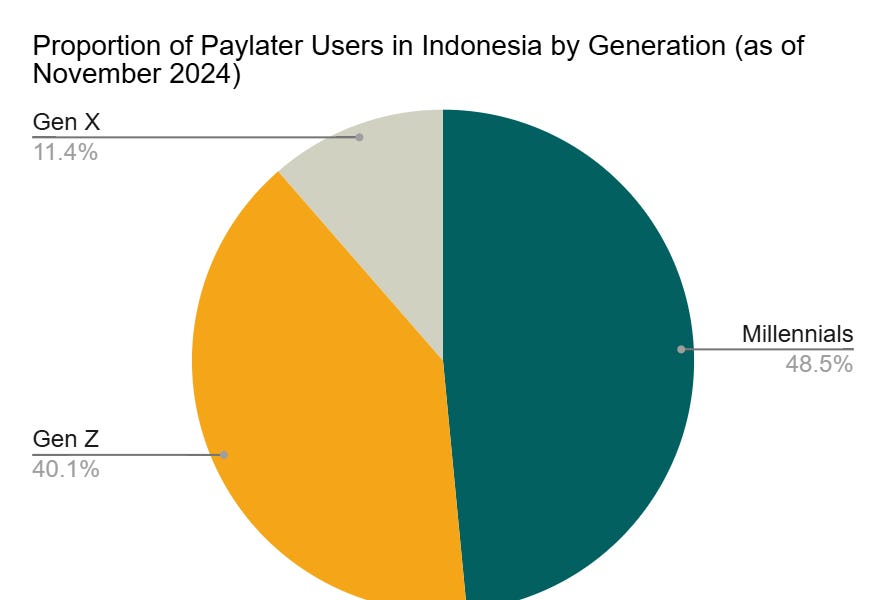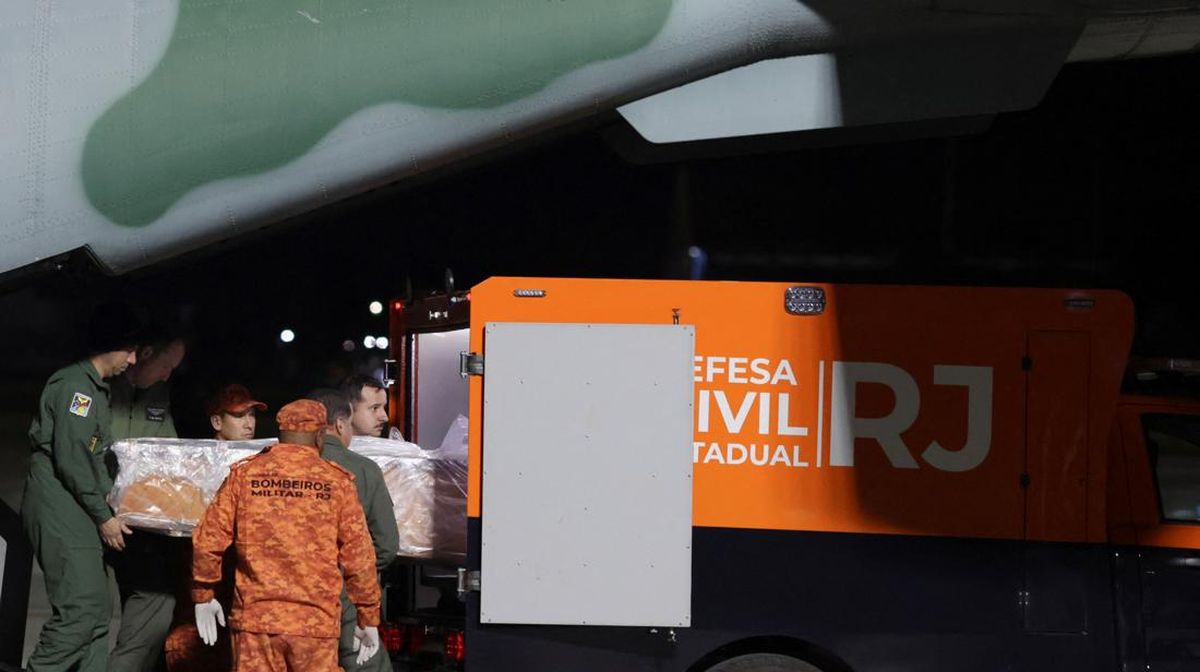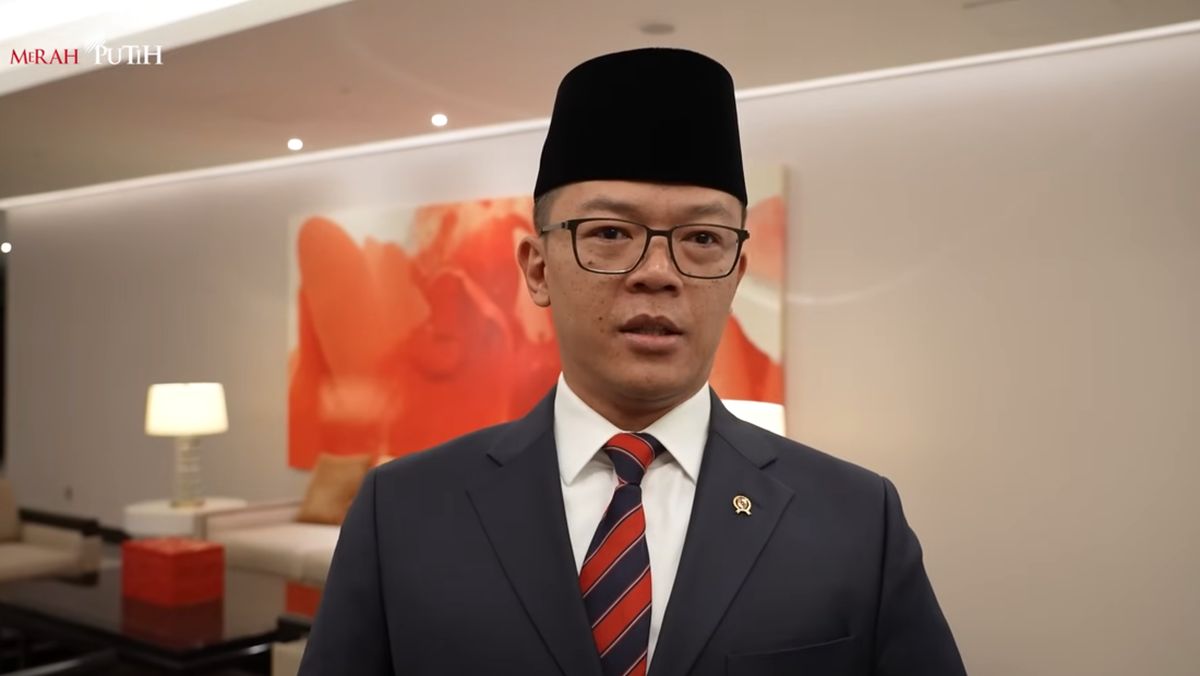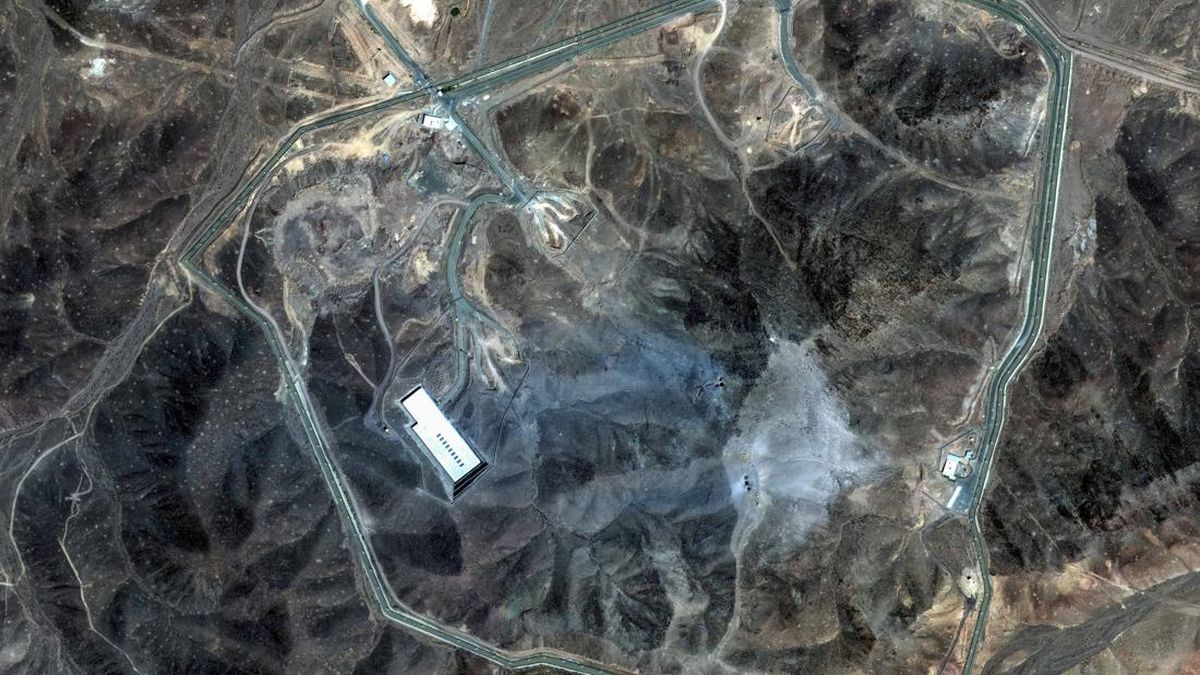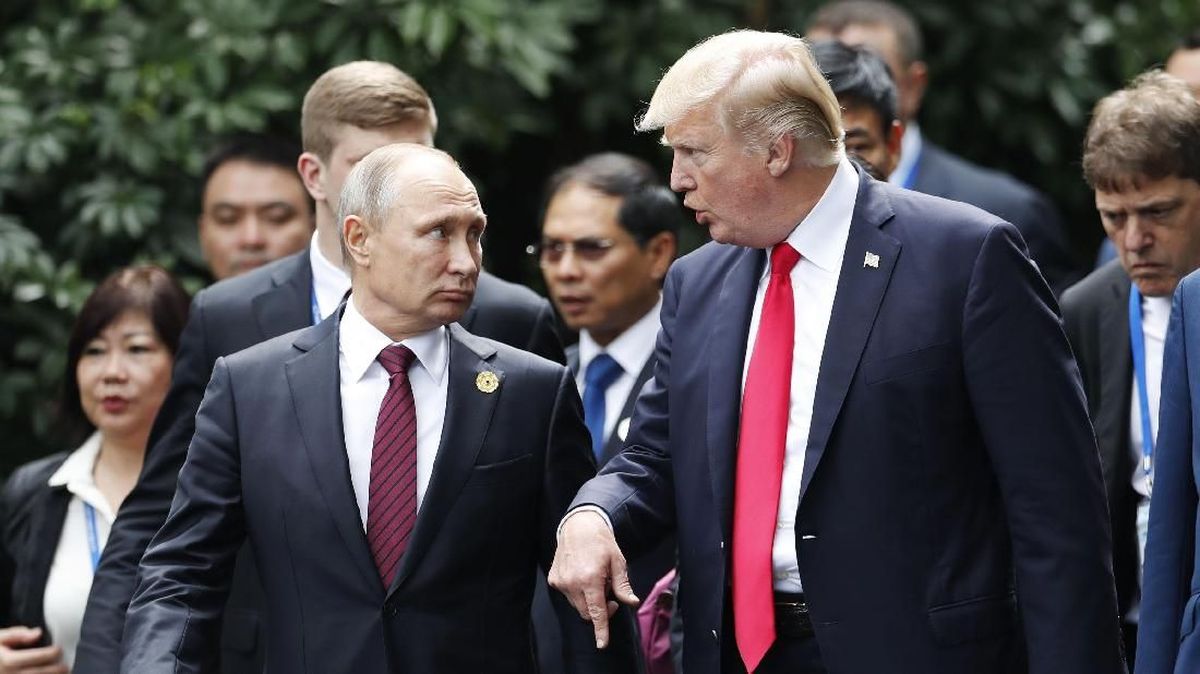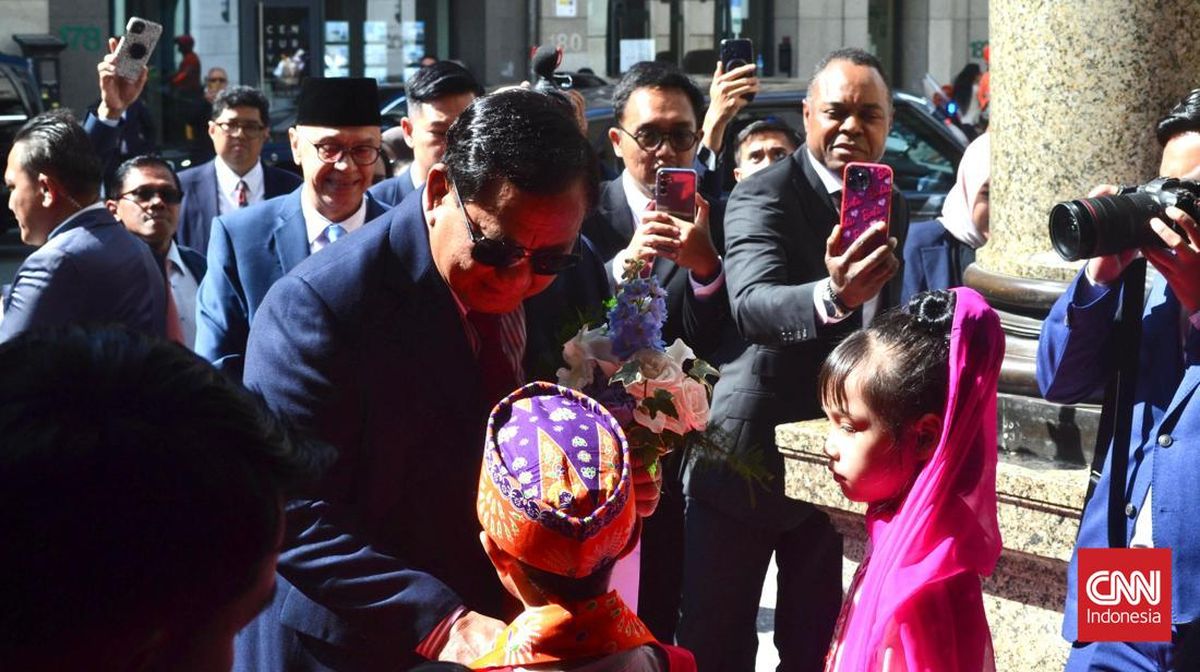A group of 12 countries from across the world has committed to barring arms transfers to Israel, among other steps.
Published On 16 Jul 2025
A coalition of countries has announced at a meeting in the Colombian capital of Bogota that they will pursue accountability for Israeli abuses in Gaza, including by preventing the transfer of weapons to Israel.
The two-day meeting concluded on Wednesday with two dozen countries agreeing to six measures to “restrain Israel’s assault on the Occupied Palestinian Territories”.
They include Bolivia, Colombia, Cuba, Indonesia, Iraq, Libya, Malaysia, Namibia, Nicaragua, Oman, Saint Vincent and the Grenadines and South Africa.
“We believe in protagonism, not supplication,” said Varsha Gandikota-Nellutla, the executive secretary of The Hague Group, which organised the summit.
“Today marks an end to the era of the impunity and the beginning of collective state action by governments of conscience.”
Founded in January, the Hague Group seeks to bring together countries from the “Global South” — a loosely defined region of developing economies — to pressure Israel to end its war on Gaza and the occupation of the Palestinian territories.
Among the steps announced by the group are the denial of arms to Israel, a ban on ships transporting such arms and a review of public contracts for possible links to companies that benefit from the Israeli occupation.
The six measures also included support for “universal jurisdiction mandates”, which would allow states or international bodies to prosecute serious international crimes, regardless of where they took place.
“The delegates here that have been discussing these measures for two days are calling it the most ambitious, multilateral plan since the beginning of Israel’s war in Gaza 21 months ago,” Al Jazeera correspondent Alessandro Rampietti reported from Bogota.
The 12 countries that agreed to the measures, however, represent fewer than half of the 30 countries in attendance at the Bogota summit.
And critics question how effective smaller economies can be in dissuading Israel from its military campaign, especially given the multibillion-dollar support it receives from the United States.
Israel has given little indication that international outrage has slowed down its attacks on Gaza, even after experts at the United Nations (UN) and major humanitarian organisations compared its tactics to genocide.
Israeli forces continue to displace Palestinians and restrict their access to food, fuel and water. At least 58,573 Palestinians have been killed since the war began in October 2023.
While the majority of the countries at this week’s Bogota conference did not immediately sign on to Wednesday’s measures, the Hague Group expressed optimism that more could join in.
In a statement, the group set a deadline of September 20 for others to participate — a date chosen to coincide with the start of the UN General Assembly.
“Consultations with capitals across the world are now ongoing,” the statement said.
Officials attending the summit also hailed the six measures as part of a larger effort to chip away at Israeli impunity.
“Ministers, the truth is that Palestine has already triggered a revolution, and you are part of it,” said Francesca Albanese, the United Nations special rapporteur on the occupied Palestinian territories.
“Palestine has changed global consciousness, drawing a clear line between those who oppose genocide and those who accept it or are part of it.”
Albanese was recently sanctioned by the US for her outspoken criticism of Israel’s actions.
The summit has become a symbol of the growing calls from non-Western nations for world leaders to enforce international law in Gaza, where critics say Israel has consistently flouted human rights law.
Developing nations such as South Africa and Colombia, which cohosted the conference, have been at the forefront of such accountability efforts.
South Africa, for instance, filed a case in December 2023 at the International Court of Justice (ICJ) alleging that Israel perpetrated genocide in Gaza. And Colombia announced it would cut ties with Israel in May 2024 over its military campaign.
“We came to Bogota to make history,” Colombian President Gustavo Petro said in a statement. “And we did.”
Source:
Al Jazeera and news agencies

 3 months ago
30
3 months ago
30



























